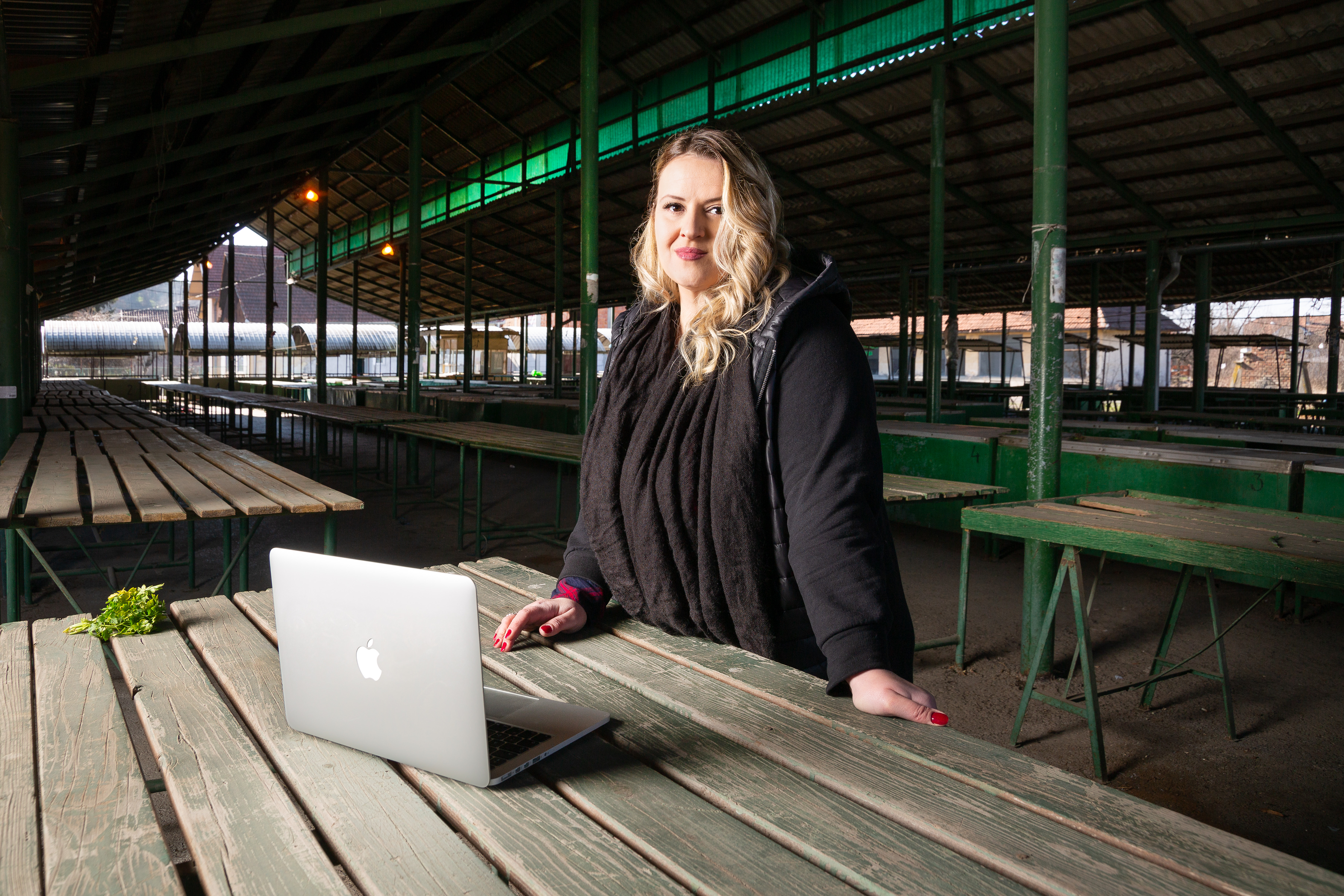Interview: “By excluding themselves from the line of heirs, women are becoming more exposed to poverty and consequently to domestic violence”
Date:

To raise awareness of the importance of claiming one’s inheritance among Serbian women, and society in general, the Women’s Association of Kolubara District began implementing a media campaign entitled “How much is my share?”. The campaign has already reached more than 4 million people online and offline, through television shows, news broadcasts and articles, not only in Serbia, but also in Croatia, Bosnia and Herzegovina, and Montenegro. Jelena Ruzic, President of the Women’s Association of Kolubara District, explains the importance of this campaign that is supported by UN Women, through a project funded by the European Union.
Why did your organization choose to focus on this topic?
In Serbia, it is considered normal that a female will leave her parents’ home by marriage and contribute to another family through her work and childbearing. As such, it is believed that she should not take her own family inheritance, which should go to the male heir. Although the law treats male and female heirs equally, customs and traditions are still stronger and in almost half of cases (44 per cent), a female will give up her own inheritance in favour of her brother. The situation is even more dramatic when we look at statistics in rural areas of Serbia, where only about 16 per cent of women own real estate, and in most cases that means plots smaller than 2 hectares. This affects almost all spheres of a woman’s life.
What are the consequences of renouncing one’s inheritance?
By excluding themselves from the line of heirs, women are becoming more exposed to poverty and consequently to domestic violence, since economic independence is one of the main factors that influence women’s decision to end the cycle of violence. Moreover, a woman without assets will have a harder time starting her own business. Bank loan applications will be rejected because she does not have any assets to guarantee the repayment of the loan, etc. Also, the Law on Social Protection in Serbia stipulates that a person who renounces their inheritance does not have the right to social assistance in the period in which they could have supported themself if they had not renounced the property. And most women do not know about this. When they come to make a statement about inheritance, no one tells them what the consequences of them saying "I waive in favor of…” are. They do not know that in the future they would not be able to exercise their right to social assistance, if they needed it. They would find out about this fact at the center for social work when, often as a result of domestic violence, they come after leaving the abuser, and their request is refused.
This campaign informs, explains and sheds light to this important topic. What kind of public feedback did you get?
Women and inheritance rights was not something that was in focus in Serbian society and media coverage on these issues was weak and most often colored by sensationalism. After the launch of the campaign on social networks, we started getting numerous personal stories and confessions of women who had gone through the inheritance process or were expected to and were aware that their family and society expected them to give up their property in favour of their brothers.
What other important related activities does the Women’s Association of Kolubara District implement?
We provide free legal assistance to women who are in the inheritance process. We also founded the Coalition for Equal Inheritance, which gathers 15 organizations from all over Serbia that started national research on the impact of gender stereotypes on the distribution of inheritance. According to the data collected so far, over 95 per cent of interviewed women said that this topic is not sufficiently represented in the media since they first heard about it through the campaign “How much is my share?” That is why it is important to write and talk about it. Moreover, we are doing our best to increase the understanding of notaries and judges of the importance of pointing out the consequences of renouncing one’s inheritance to participants in the process, since only a small number of respondents said that they were informed about their rights, procedures and consequences of the sentence "I waive in favor of…”